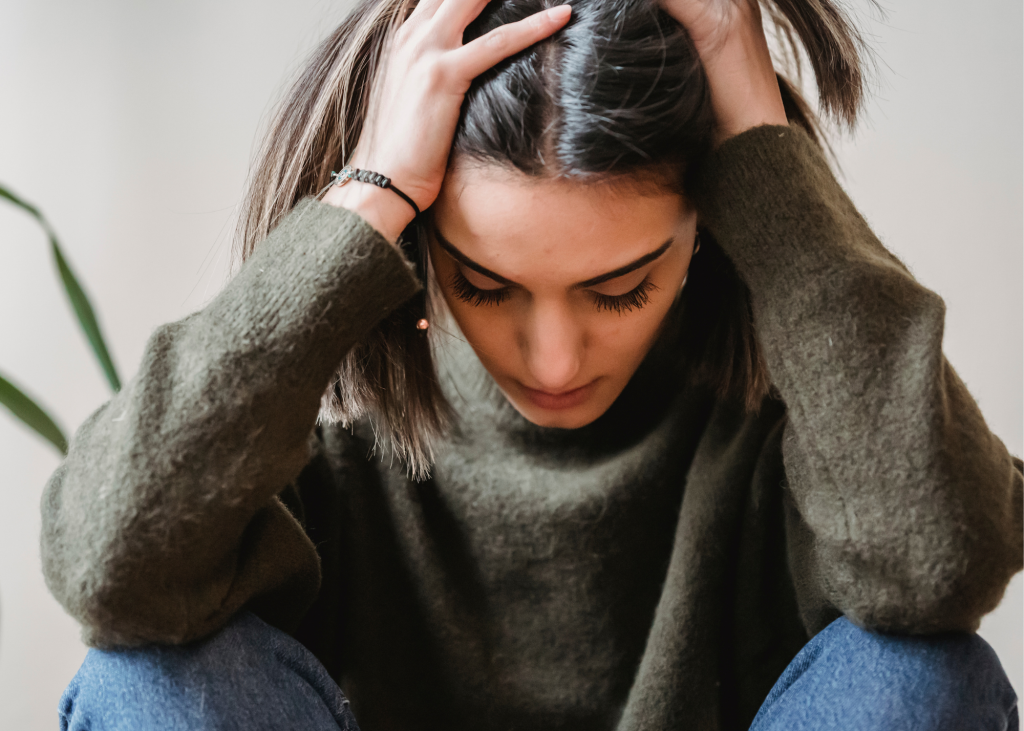We all experience feelings of anxiety at times in life. Rapid breathing and heartbeat, sweaty palms, feelings of worry and fear, nervousness, irritability, a sense of impending doom, and difficulty concentrating—those are symptoms of anxiety, our body’s natural response to stress. Recognizing triggers is a good first step to understanding what brings on anxious feelings and symptoms. For some, it can be things like new experiences, loud noises, or stress at work.
How to Cope With Anxiety
Try the following when you feel anxious:
- Take deep breaths. Inhaling and exhaling slowly. Try the 4-7-8 method of breathing, as it can help with feelings of anxiety.
- Question thoughts in the moment. Are fears true? Is something triggering anxiety?
- This can help put what is going on into perspective and regain some control.
- For example, if loud noises trigger you and someone in the household drops something loudly, questioning why you’re feeling anxious will reveal that you are safe.
- Counting slowly to 10 can help in the moment when feelings are intense.
- Going for a walk or exercising can be a way to focus on the body and lessen anxious feelings.
- Take a moment and write down feelings, which will help sort through thoughts to help determine what is causing anxiousness.
- Talk with someone about feelings.
- And it’s okay to say what you’re feeling in the moment. It doesn’t have to wait until the anxiety passes.
For anxiety symptoms beyond the occasional, it is a good idea to seek help from a mental health professional to talk, get care, and understand triggers.
Contact us at 303.617.2300
You can walk in at our Connect to Care Clinic or our Crisis Walk-In Clinic, available 24/7/365.
Another good option is to contact Colorado Crisis Services at 844-493-TALK (8255)
